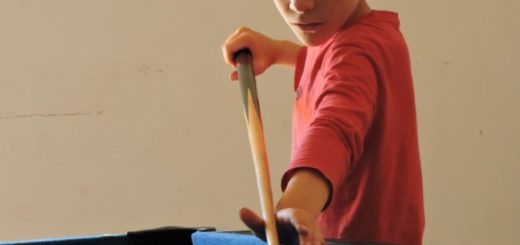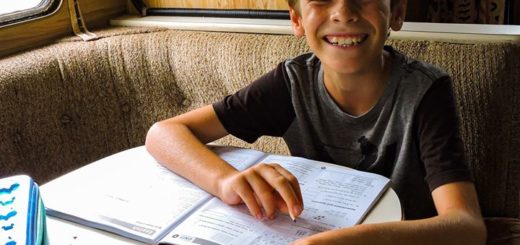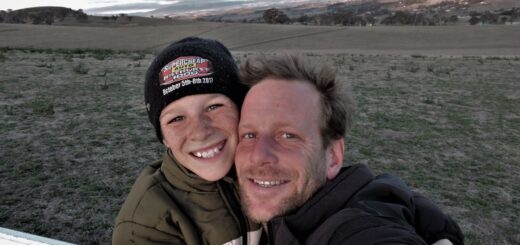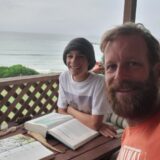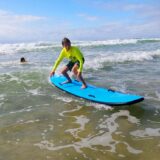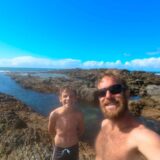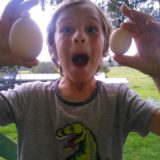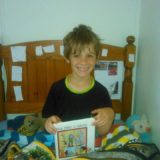What is Worldschooling?
This might look like a few random photos but for us it represents what learning looks like.
One of the things I (and many others) find difficult to grasp is that an education does not need to solely include pens, paper and text books. The word ‘learning’ is defined as “the acquisition of knowledge or skills through study, experience, or being taught.” Like many of us who attended school, I thought learning was never going to occur unless a child was being ‘taught’ the traditional way. Over the years I have discovered that there’s an infinite amount of learning opportunities everywhere, whether it’s in your kitchen, the local shop, a museum, a skate park, the local dump or anywhere in between.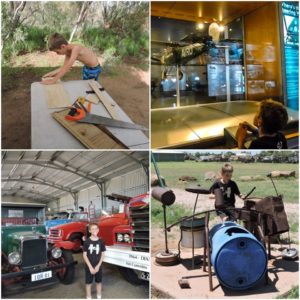
I shifted my focus from trying to teach Jaiden things that I believed were important, and instead I looked for opportunities to introduce new ideas and concepts by using everyday life, his interests, and the things we see as we travel. Rather than Jaiden finding learning boring, he has a passion for learning new things and is constantly surprising me with just how much knowledge he has in a wide range of areas. He remembers things that I don’t even remember teaching him and often teaches me things.
It might appear like a few photos of no real importance, but Jaiden is learning new maths skills and woodworking by making a new cupboard door, he’s learning about the history of fire-fighting vehicles, he’s learning new concepts in science through understanding how aerodynamics work on plane and music by using a makeshift drum kit. He picked up several new skills and knowledge, all without a pen and paper, and without being told to learn.
The word unschooling or Worldschooling makes people think children are not learning, which is part of the reason I prefer the term Child lead learning. Children are naturally curious creatures, when we harness that curiosity and use it to facilitate an education, beautiful things happen.

